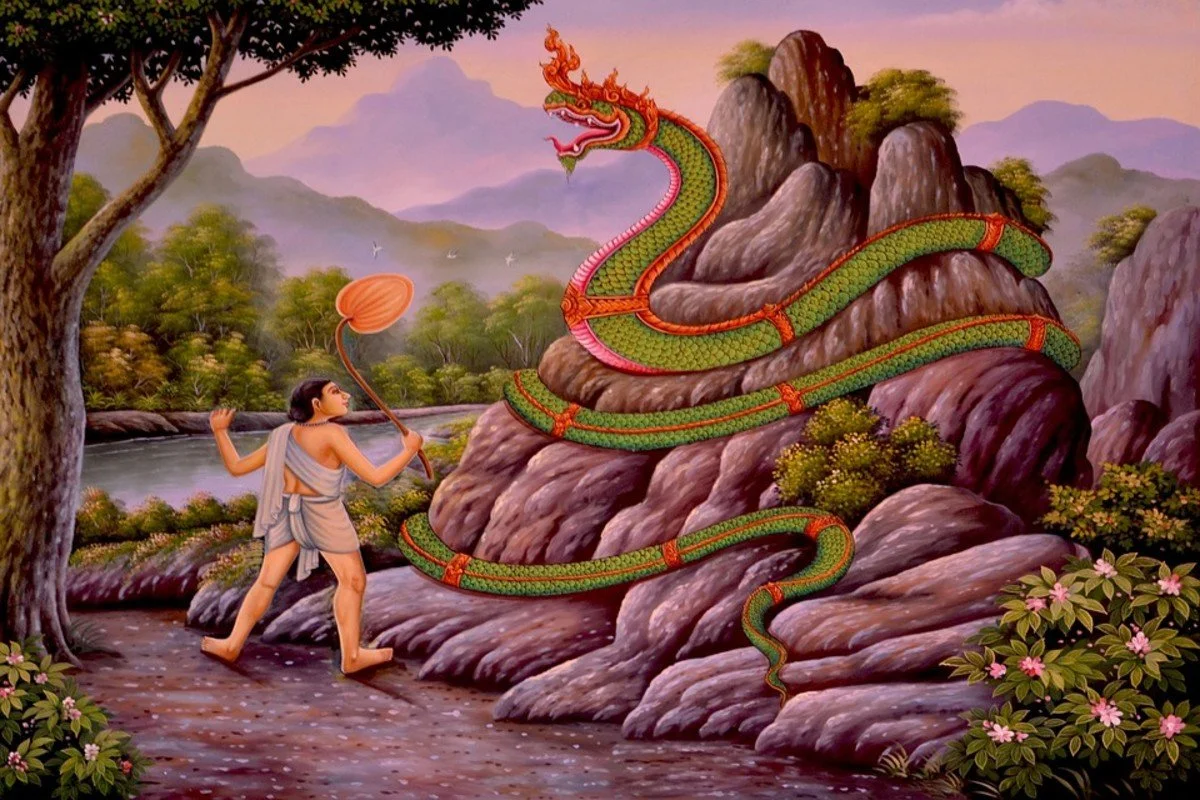Siddhartha
Siddhartha by Herman Hesse, 1920.
“In the shade of the house, in the sunshine of the riverbank near the boats, in the shade of the Sal-wood forest, in the shade of the fig tree is where Siddhartha grew up…”
This has been one of my all time favourite books for many years. I first came across it on my initial travels to Costa Rica. It is written in a straightforward and calming way and is very readable.
The story is beautiful and uplifting, the message clear. It's a short, engrossing read, but it’s better to take your time with it and let the sentences sit with you.
Siddhartha is wealthy Indian Brahman. He seemingly has everything he could want – wealth, beauty, and power – but finds himself discontent with the best life has to offer. So he casts off this life of privilege to seek spiritual fulfilment. Hesse synthesises disparate philosophies-Eastern religions, Jungian archetypes, Western individualism-into a unique vision of life as expressed through one man's search for true meaning.
‘Published in the U.S. during the Cold War, Siddhartha addressed a perennial unrest and provided a new set of values for a generation of young people disenchanted with their parents’ conservatism. By the author’s own admission, Siddhartha is a story about individuality and self-expression, a quintessential Western tale cloaked in Indian garb and punctuated with a staunch nonconformity that served to cross both generations and cultures.’ https://tricycle.org/magazine/siddhartha/
It is written with a particular rhythm which, even with its tone, seems to create space for contemplation and reflection.
“Siddhartha learned something new on every step of his path, for the world was transformed, and his heart was enchanted.”
Throughout my life; training and practicing as a doctor, travelling, setting up my own practice and rearing a family, I have tried to return to the philosophy l I learned in this book. To appreciate what I already have, to slow down and keep an open mind, to keep learning.
Siddhartha is as fresh as ever, still relevant today as it was in the 1920s Germany and in the 1960s in America. The novel has journeyed through a century of turmoil bearing witness to human suffering.
…Siddhartha served to wake millions from their delusions, to inspire, challenge, and remind them that “suffering is nothing, suffering is illusion.” https://tricycle.org/magazine/siddhartha/
A later Herman Hesse book The Glass Bead Game is another book that has given me inspiration. It’s a bit harder to read and has quite a cult following. It is an analogy of society, looking at how we strive for recognition and respect but ultimately sacrifice our own happiness.



